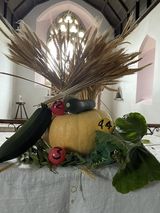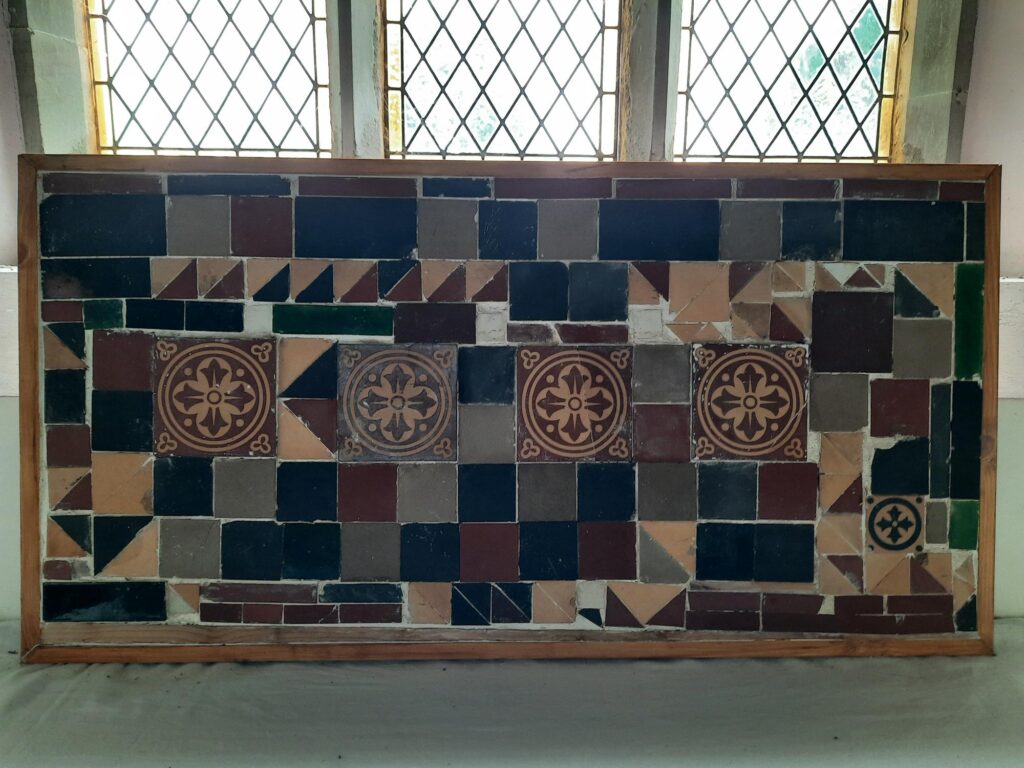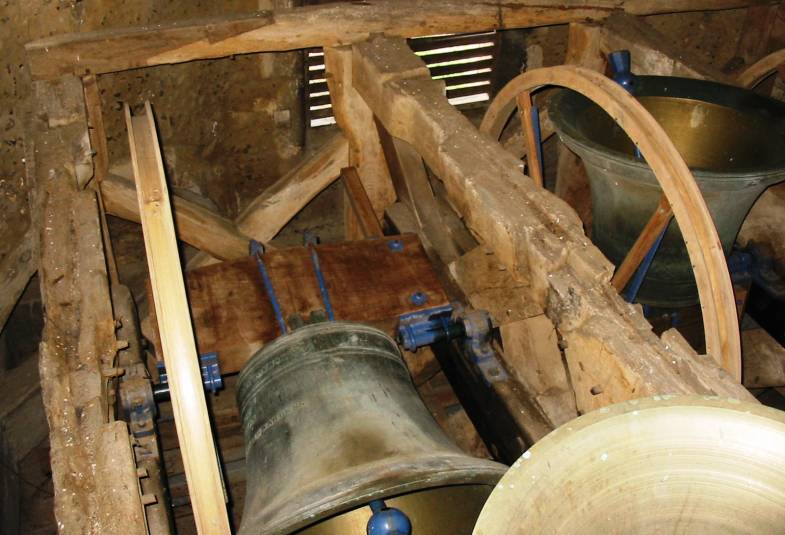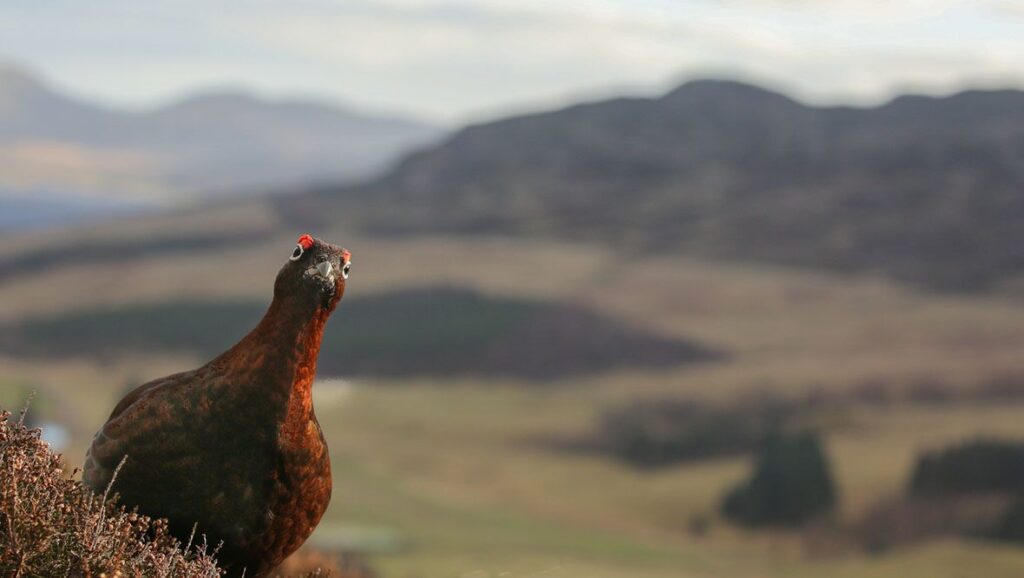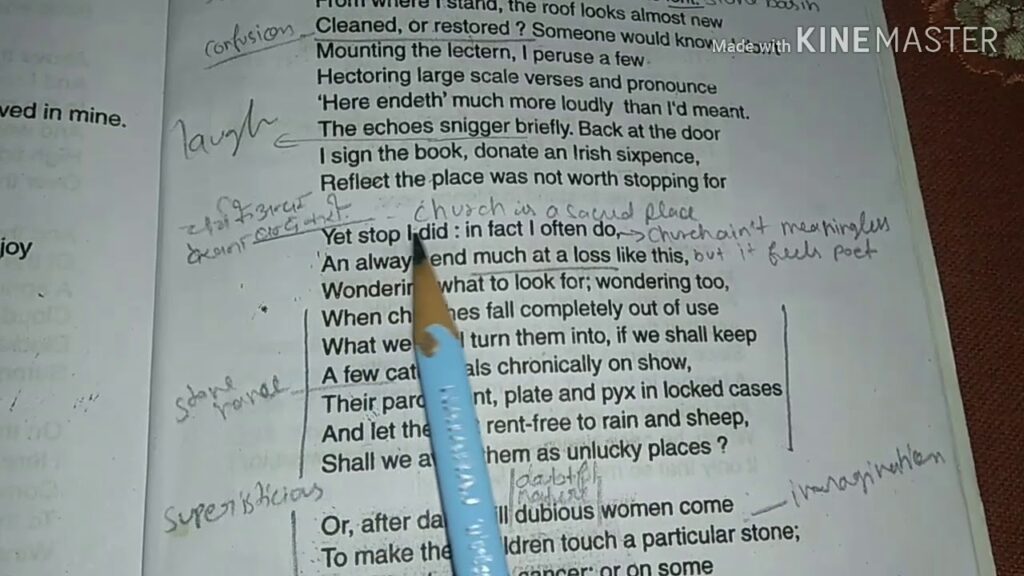
“Church Going” is a poem by the late Philip Larkin, a person of robust views, not always in sympathy with the call of the Gospel. He famously described himself as “an agnostic, I suppose, but an Anglican agnostic, of course” . But he took his uncertainty about God seriously. In “Church Going”, he describes visiting an empty church, open for worship but with nobody inside. As he wanders, glancing at the open Bible with its “hectoring verses”, pretending to read a lesson, he ponders on the future of the building; perhaps unintentionally, on the future of the entire church itself in the face of apathy and unbelief. His conclusion is surprisingly upbeat and one I find myself agreeing with as I minister in the rural churches of this benefice and deanery. The church building is a “serious house”, there for when we need to be serious about our own life and death.
A serious house on serious earth it is,
In whose blent air all our compulsions meet,
Are recognised, and robed as destinies.
And that much never can be obsolete,
Since someone will forever be surprising
A hunger in himself to be more serious,
And gravitating with it to this ground,
Which, he once heard, was proper to grow wise in,
If only that so many dead lie round.
